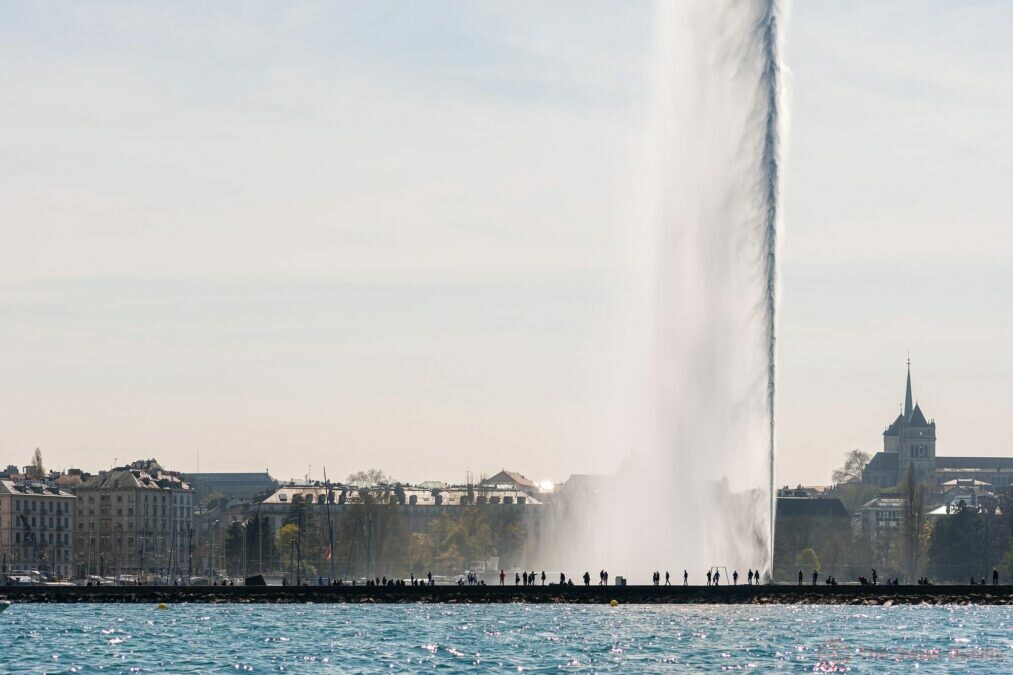Navigating Business Challenges with a Composed Mindset
Introduction
“No good work is ever done while the heart is hot and anxious and fretted.” This timeless wisdom holds a profound truth in the realm of business leadership and management, emphasizing the necessity of Effective Leadership and Management Skills. These skills are essential for maintaining composure and clear-headedness, which are crucial for successful outcomes in any business endeavor.
The Importance of Emotional Composure in Leadership
In the fast-paced world of business, leaders are frequently confronted with high-pressure situations that test their resolve and decision-making abilities. The challenges they face can range from tight deadlines and complex project management to critical negotiations and crisis handling. In such scenarios, the ability to maintain emotional composure is not just beneficial; it is absolutely essential for effective decision-making and leadership. A leader who can stay calm under pressure is able to think more clearly, assess situations more objectively, and make decisions that are rational and well-considered, rather than reactionary.
A calm mind is a fertile ground for clarity, creativity, and strategic thinking. It allows leaders to disentangle themselves from the immediacy and intensity of a situation, providing the mental space necessary to consider different perspectives and explore innovative solutions. This level of composure enables leaders to discern the most pertinent information, weigh various options, and foresee potential outcomes and implications of their decisions.
Moreover, in high-stress situations, a leader’s emotional state can have a profound impact on the team. A leader who remains composed and collected sets a positive example, creating an environment where calmness prevails over chaos. This not only helps in reducing the overall stress levels within the team but also fosters a more collaborative and supportive work atmosphere.
Additionally, strategic thinking is greatly enhanced by a calm and composed mindset. Leaders who maintain their composure are better positioned to formulate long-term strategies, anticipate future trends and challenges, and steer their organization in the right direction. They are also more adept at conflict resolution, as they can approach disputes with a level head, focusing on finding mutually beneficial solutions rather than being driven by emotions.
In essence, the ability to maintain emotional composure in high-pressure situations is a hallmark of successful leadership. It is a skill that enables leaders to navigate the complexities and dynamism of the business world with confidence and effectiveness, ensuring that they make decisions that are not only beneficial in the short term but also aligned with their long-term vision and goals.
In the fast-paced world of business, leaders are frequently confronted with high-pressure situations that test their resolve and decision-making abilities. The challenges they face can range from tight deadlines and complex project management to critical negotiations and crisis handling. In such scenarios, the ability to maintain emotional composure is not just beneficial; it is absolutely essential for effective decision-making and leadership. A leader who can stay calm under pressure is able to think more clearly, assess situations more objectively, and make decisions that are rational and well-considered, rather than reactionary.
A calm mind is a fertile ground for clarity, creativity, and strategic thinking. It allows leaders to disentangle themselves from the immediacy and intensity of a situation, providing the mental space necessary to consider different perspectives and explore innovative solutions. This level of composure enables leaders to discern the most pertinent information, weigh various options, and foresee potential outcomes and implications of their decisions.
Moreover, in high-stress situations, a leader’s emotional state can have a profound impact on the team. A leader who remains composed and collected sets a positive example, creating an environment where calmness prevails over chaos. This not only helps in reducing the overall stress levels within the team but also fosters a more collaborative and supportive work atmosphere.
Additionally, strategic thinking is greatly enhanced by a calm and composed mindset. Leaders who maintain their composure are better positioned to formulate long-term strategies, anticipate future trends and challenges, and steer their organization in the right direction. They are also more adept at conflict resolution, as they can approach disputes with a level head, focusing on finding mutually beneficial solutions rather than being driven by emotions.
In essence, the ability to maintain emotional composure in high-pressure situations is a hallmark of successful leadership. It is a skill that enables leaders to navigate the complexities and dynamism of the business world with confidence and effectiveness, ensuring that they make decisions that are not only beneficial in the short term but also aligned with their long-term vision and goals.
Effective Communication and Emotional Management
Emotional composure directly influences communication styles. Leaders who manage their emotions well are better equipped to communicate clearly and effectively, fostering a positive and productive workplace culture.
Executive Coaching for Emotional Intelligence
Executive coaching services play a pivotal role in enhancing a leader’s emotional intelligence. Coaching helps leaders develop the skills necessary to manage stress, remain composed under pressure, and lead with empathy and understanding.
Conclusion
Embodying calm and composed leadership is crucial for navigating the complexities of today’s business environment. Leaders who master this skill are better positioned to guide their organizations toward growth and success.
#LeadershipExcellence #BusinessManagement #EmotionalIntelligence

